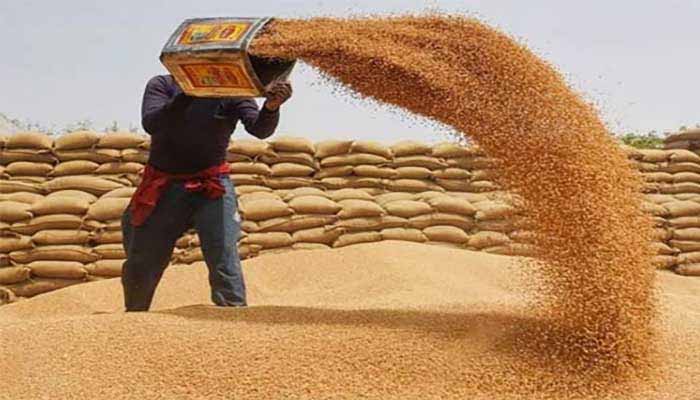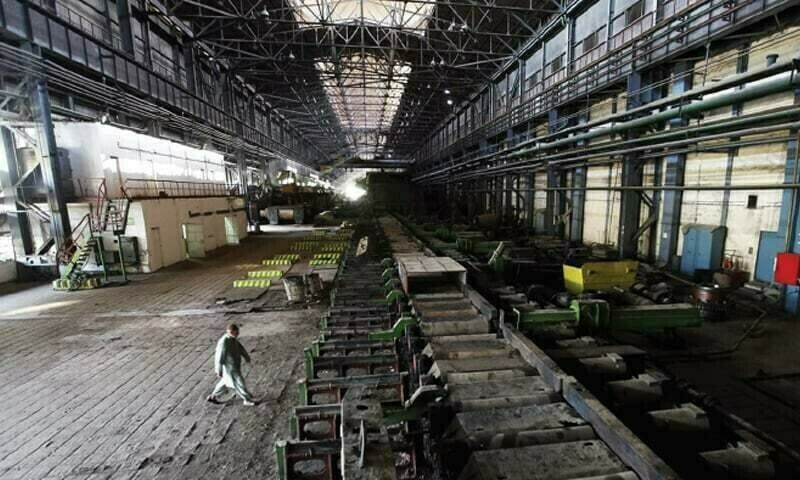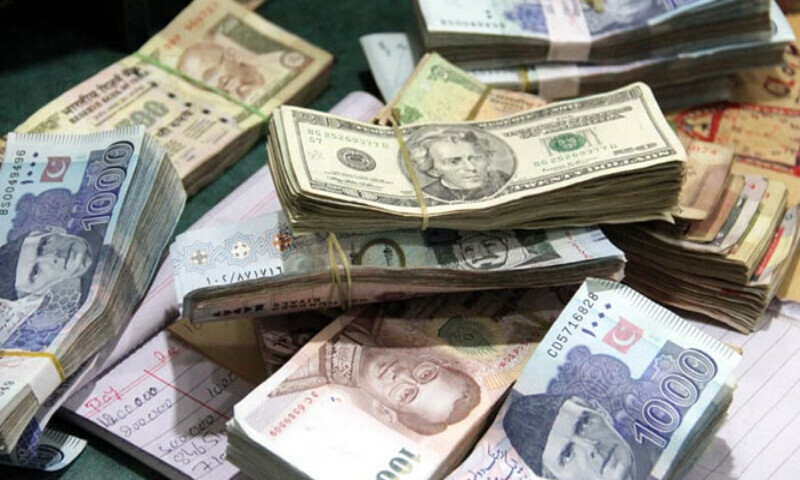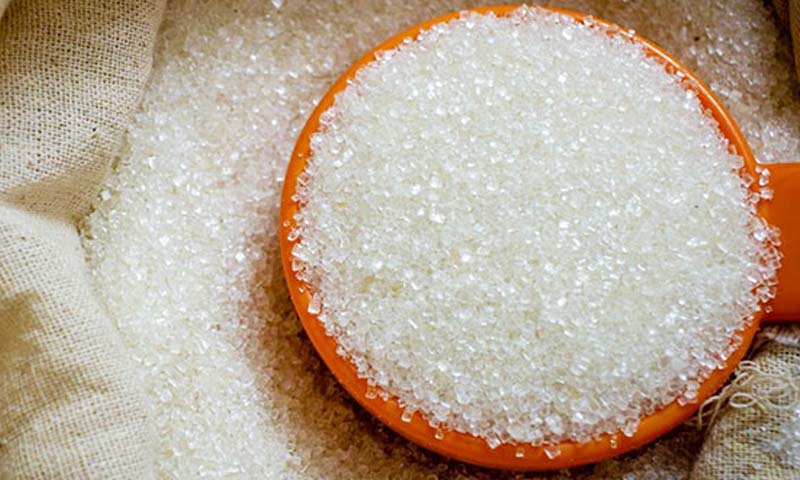TRADE & ECONOMY

A damning report by the Auditor General of Pakistan (AGP) has exposed massive irregularities in the federal government’s wheat import decision during the fiscal year 2023–24, revealing that it was based on manipulated data, deliberate delays, and policy failures—resulting in a Rs 300 billion burden on the national exchequer and significant harm to local farmers.
The report confirms that despite the year witnessing the highest wheat production in Pakistan’s history, the government exaggerated demand estimates and went ahead with wheat imports, initially approving 2.4 million metric tons and later increasing it to over 3.5 million metric tons.
Deliberate Missteps for Private Gains
The AGP states that both the federal and provincial governments were involved in creating artificial shortages by releasing minimal quantities of wheat to flour mills—especially in Punjab and Sindh, the country’s major wheat-producing provinces. This move inflated flour prices, hurt consumers, and allowed private players to benefit from the chaos.
The Ministry of National Food Security and the Ministry of Commerce were named in the report for intentionally delaying the import process, allowing the private sector to exploit the situation. These delays, the report says, served the commercial interests of hoarders and importers rather than the public good.
The AGP further reveals that government wheat procurement fell 25% below the target in 2023–24, and by 2024–25, procurement dropped by 40%. Most notably, Punjab—the country’s breadbasket—did not procure a single grain of wheat in 2024–25.
Farmers Left Unprotected
The government also failed to announce the Minimum Support Price (MSP) in time—a key policy mechanism that offers price guarantees to local farmers. As a result, wheat farmers were left vulnerable while private importers reaped windfall profits.
Adding to the controversy, the report states that the imported wheat—brought in just before the local harvest—was stored by private importers, not the state, which had only 500,000 metric tons of storage capacity, further highlighting planning failures.
False Claims and Shocking Inclusions
In a startling disclosure, the report claims that wheat demand from Afghanistan was included in Pakistan’s domestic consumption data without any documentation or justification—further inflating the justification for imports.
The AGP concludes that official claims about strategic reserves were false and misleading, and that benefits meant for local producers were usurped by hoarders and importers in what is now being called one of the most serious policy-driven economic scandals in recent years.




